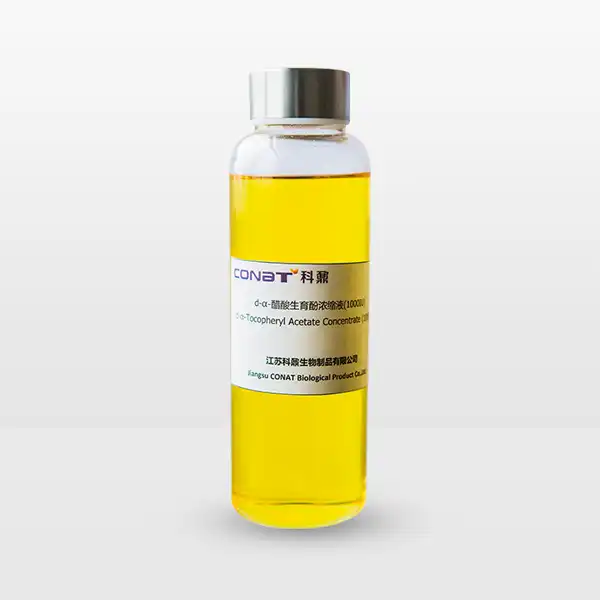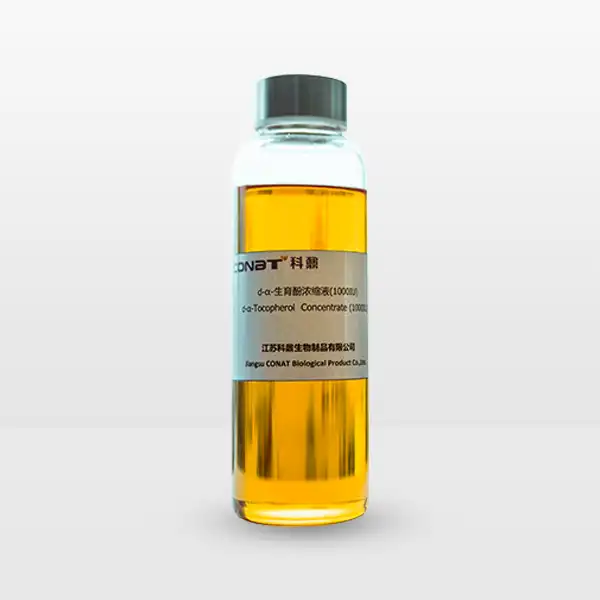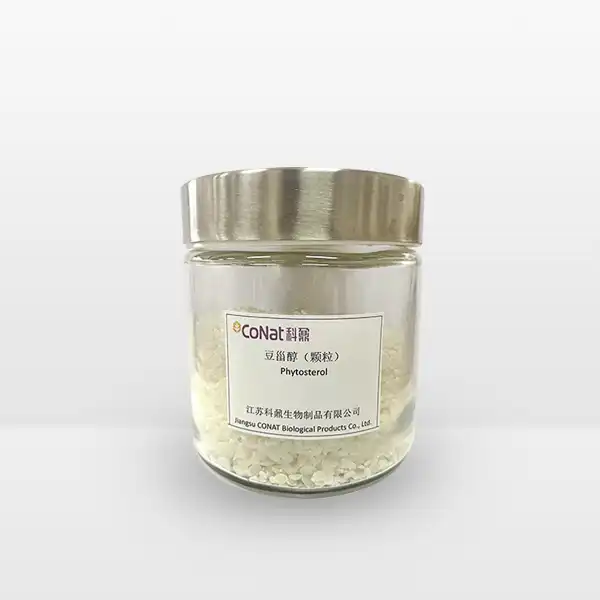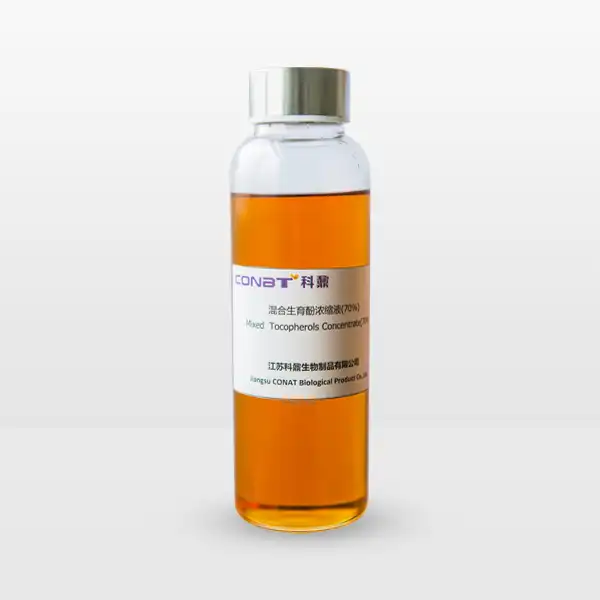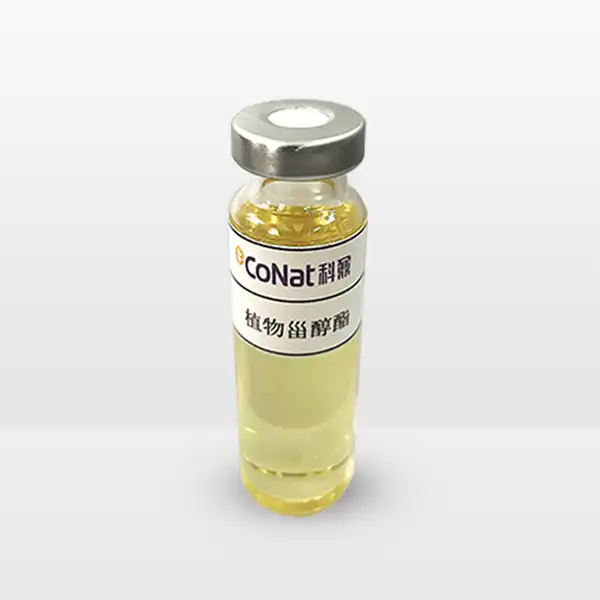- English
- French
- German
- Portuguese
- Spanish
- Russian
- Japanese
- Korean
- Arabic
- Greek
- German
- Turkish
- Italian
- Danish
- Romanian
- Indonesian
- Czech
- Afrikaans
- Swedish
- Polish
- Basque
- Catalan
- Esperanto
- Hindi
- Lao
- Albanian
- Amharic
- Armenian
- Azerbaijani
- Belarusian
- Bengali
- Bosnian
- Bulgarian
- Cebuano
- Chichewa
- Corsican
- Croatian
- Dutch
- Estonian
- Filipino
- Finnish
- Frisian
- Galician
- Georgian
- Gujarati
- Haitian
- Hausa
- Hawaiian
- Hebrew
- Hmong
- Hungarian
- Icelandic
- Igbo
- Javanese
- Kannada
- Kazakh
- Khmer
- Kurdish
- Kyrgyz
- Latin
- Latvian
- Lithuanian
- Luxembou..
- Macedonian
- Malagasy
- Malay
- Malayalam
- Maltese
- Maori
- Marathi
- Mongolian
- Burmese
- Nepali
- Norwegian
- Pashto
- Persian
- Punjabi
- Serbian
- Sesotho
- Sinhala
- Slovak
- Slovenian
- Somali
- Samoan
- Scots Gaelic
- Shona
- Sindhi
- Sundanese
- Swahili
- Tajik
- Tamil
- Telugu
- Thai
- Ukrainian
- Urdu
- Uzbek
- Vietnamese
- Welsh
- Xhosa
- Yiddish
- Yoruba
- Zulu
How Do You Take Beta Sitosterol Complex?
Beta-sitosterol complex is an increasingly popular dietary supplement derived from plant sterols that has captured the attention of health-conscious individuals seeking natural wellness solutions. Understanding how to effectively incorporate this powerful nutritional supplement into your daily routine can significantly impact your overall health and well-being. This comprehensive guide will explore the intricacies of beta-sitosterol complex, providing insights into its usage, potential benefits, and strategic implementation for optimal health outcomes.
What Are the Potential Health Benefits of Beta Sitosterol Complex?
Beta-sitosterol complex represents a remarkable advancement in natural health supplementation, offering a multifaceted approach to wellness that extends far beyond traditional nutritional interventions. Derived from plant-based sources, this sophisticated compound contains a unique blend of plant sterols that interact dynamically with the human body's physiological systems.
At the core of beta-sitosterol's therapeutic potential lies its remarkable ability to modulate various metabolic processes. Scientific research has consistently demonstrated its profound impact on cholesterol management, presenting a natural alternative to pharmaceutical interventions. The molecular structure of beta-sitosterol enables it to compete with cholesterol absorption in the intestinal tract, effectively reducing overall cholesterol levels and promoting cardiovascular health.
The immunomodulatory properties of beta-sitosterol complex extend well beyond cardiovascular support. Emerging clinical studies have illuminated its potential in enhancing immune system functionality, providing a robust defense mechanism against environmental stressors and potential pathogenic challenges. By supporting the body's natural immune response, beta-sitosterol complex acts as a comprehensive wellness enhancer.
Inflammation represents another critical area where beta-sitosterol demonstrates exceptional promise. Chronic inflammation underlies numerous health conditions, from metabolic disorders to degenerative diseases. The anti-inflammatory properties inherent in beta-sitosterol complex offer a natural approach to mitigating inflammatory responses, potentially reducing the risk of various chronic health complications.
Athletic performance and muscle recovery represent additional domains where beta-sitosterol complex shows remarkable potential. Athletes and fitness enthusiasts have increasingly recognized its capacity to support muscle maintenance, reduce exercise-induced stress, and potentially accelerate recovery processes. The compound's ability to modulate stress responses and support physiological adaptation makes it an intriguing supplement for individuals pursuing peak physical performance.
Metabolic health emerges as another significant benefit associated with beta-sitosterol complex. Research suggests its potential role in supporting glucose metabolism, insulin sensitivity, and overall metabolic efficiency. By interacting with cellular mechanisms responsible for energy regulation, beta-sitosterol complex may contribute to more balanced metabolic functioning.
The antioxidant capabilities of beta-sitosterol further amplify its health-promoting potential. By neutralizing harmful free radicals and reducing oxidative stress, this compound provides cellular protection against premature aging and potential degenerative processes. This protective mechanism underscores its comprehensive approach to supporting long-term wellness.
How Does Beta Sitosterol Complex Support Prostate and Heart Health?
Prostate health represents a critical concern for men, particularly as they age, and beta-sitosterol complex emerges as a promising natural intervention strategy. Extensive clinical research has consistently demonstrated its potential in addressing benign prostatic hyperplasia (BPH) symptoms, offering a nuanced approach to prostate wellness.
The mechanism underlying beta-sitosterol's prostate support involves complex interactions with hormonal systems and cellular processes. By potentially inhibiting 5-alpha-reductase enzyme activity, beta-sitosterol may help modulate testosterone conversion, thereby influencing prostate cell proliferation. This biochemical interaction suggests a potential protective effect against prostate enlargement and associated urinary symptoms.
Urinary flow improvement stands out as a significant benefit associated with beta-sitosterol supplementation. Multiple clinical trials have documented substantial improvements in urinary symptoms among individuals consuming beta-sitosterol complex. Patients reporting reduced nighttime urination frequency, enhanced urinary stream, and decreased residual urine volume provide compelling evidence of its therapeutic potential.
Cardiovascular health represents another domain where beta-sitosterol complex demonstrates remarkable efficacy. The compound's molecular structure enables it to interfere with cholesterol absorption mechanisms, presenting a natural strategy for managing lipid profiles. By reducing low-density lipoprotein (LDL) cholesterol levels and potentially increasing high-density lipoprotein (HDL) cholesterol, beta-sitosterol contributes to comprehensive heart health management.
Advanced lipid management involves intricate biochemical processes, and beta-sitosterol complex navigates these complexities with remarkable precision. Its ability to competitively inhibit cholesterol absorption in the intestinal tract represents a sophisticated approach to cardiovascular protection. Clinical studies have consistently demonstrated reductions in total cholesterol levels among individuals incorporating beta-sitosterol into their dietary regimen.
The anti-inflammatory properties inherent in beta-sitosterol further enhance its cardiovascular benefits. Chronic inflammation represents a significant risk factor for heart disease, and by modulating inflammatory responses, beta-sitosterol may help mitigate potential cardiovascular complications. This multifaceted approach underscores its potential as a comprehensive heart health supplement.
Can Beta Sitosterol Complex Improve Your Overall Wellness?
Holistic wellness transcends individual symptom management, and beta-sitosterol complex embodies this comprehensive approach to health optimization. By addressing multiple physiological systems simultaneously, this supplement represents a sophisticated strategy for individuals seeking proactive health maintenance.
Hormonal balance emerges as a critical aspect of overall wellness that beta-sitosterol complex may support. Its potential interactions with endocrine systems suggest nuanced modulation of hormonal responses, potentially contributing to improved metabolic functioning, stress resilience, and emotional equilibrium.
Cognitive function represents another fascinating domain where beta-sitosterol complex demonstrates potential benefits. Emerging research suggests its neuroprotective properties might help maintain cognitive clarity, potentially mitigating age-related cognitive decline. By supporting neuronal health and reducing oxidative stress, beta-sitosterol may contribute to long-term brain wellness.
Stress management represents a crucial component of overall health, and beta-sitosterol complex offers intriguing possibilities. Its potential adaptogenic properties suggest an ability to help the body respond more effectively to environmental and physiological stressors. This adaptive capacity could translate into improved resilience, emotional stability, and overall quality of life.
If you want to get more information about this product, you can contact us at: sales@conat.cn.
References
1. Berges, R. R., et al. (2000). Treatment of symptomatic benign prostatic hyperplasia with beta-sitosterol: a randomized controlled trial. British Journal of Urology, 85(7), 836-841.
2. Awad, A. B., et al. (2001). Plant sterols regulate cholesterol metabolism in K562 cells. The Journal of Nutritional Biochemistry, 12(3), 145-152.
3. von Holtz, R. L., et al. (1996). Beta-sitosterol activates the sphingomyelin cycle and induces apoptosis in LNCaP human prostate cancer cells. Nutrition and Cancer, 25(3), 283-290.
4. Bouic, P. J. (2001). The role of phytosterols and phytosterolins in immune modulation: a review of the past 10 years. Current Opinion in Clinical Nutrition & Metabolic Care, 4(6), 471-475.
5. Kritchevsky, D., et al. (1993). Plant sterols and atherosclerosis. Journal of the American College of Nutrition, 12(5), 491-497.
6. Pegel, K. H. (1997). The importance of sitosterol and sitosterolin in human and animal nutrition. South African Journal of Science, 93(5), 263-268.
7. Wilt, T. J., et al. (1998). Saw palmetto extracts for treatment of benign prostatic hyperplasia: a systematic review. JAMA, 280(18), 1604-1609.
8. Ostlund, R. E. (2002). Phytosterols in human nutrition. Annual Review of Nutrition, 22(1), 533-549.
9. Bouic, P. J., et al. (1999). Beta-sitosterol and beta-sitosterol glucoside stimulate human peripheral blood lymphocyte proliferation: implications for their use as an immunomodulator. International Journal of Immunopharmacology, 21(11), 883-896.
10. Hartmann, L., et al. (2009). Plant sterols and cardiovascular disease: insights and future directions. Current Atherosclerosis Reports, 11(4), 272-281.
